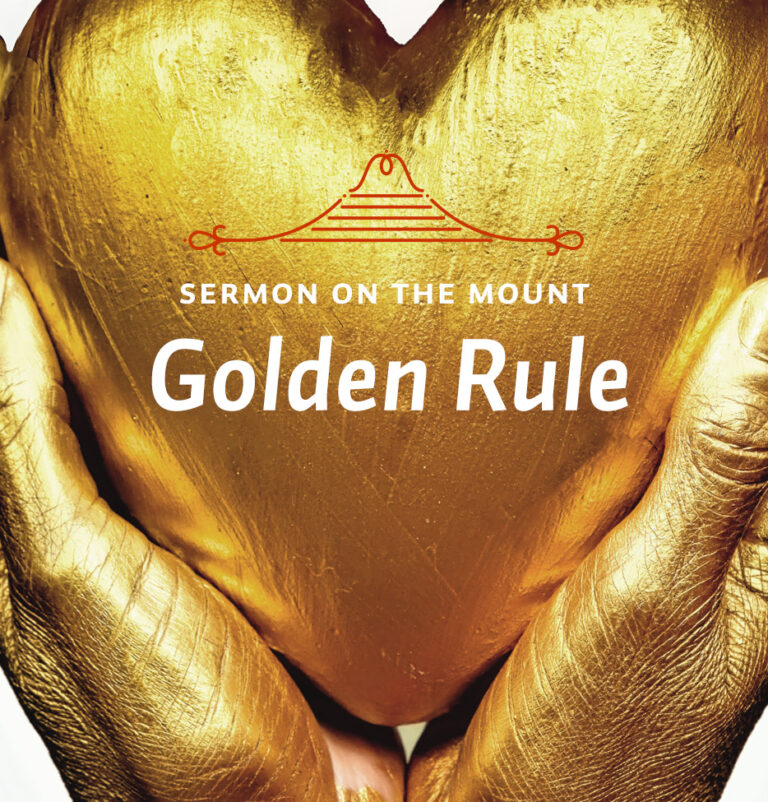Another truth also lies at the heart of His warning, the truth that salvation is by faith in the Lord Jesus Christ only. What is the gate? What is the way that leads to life? The answer is the Lord Jesus Christ. Jesus said, “I am the door of the sheep; by me if any man enter in, he shall be saved” (John 10:9). He said, “I am the way, the truth, and the life; no man cometh unto the Father, but by me” (John 14:6). These verses throw the only proper light upon our text. For they show that Jesus was speaking of faith in Himself when he told the Galileans, “Narrow is the gate, and hard is the way, which leadeth unto life, and few there be that find it.” The way to heaven is as narrow as Jesus.










